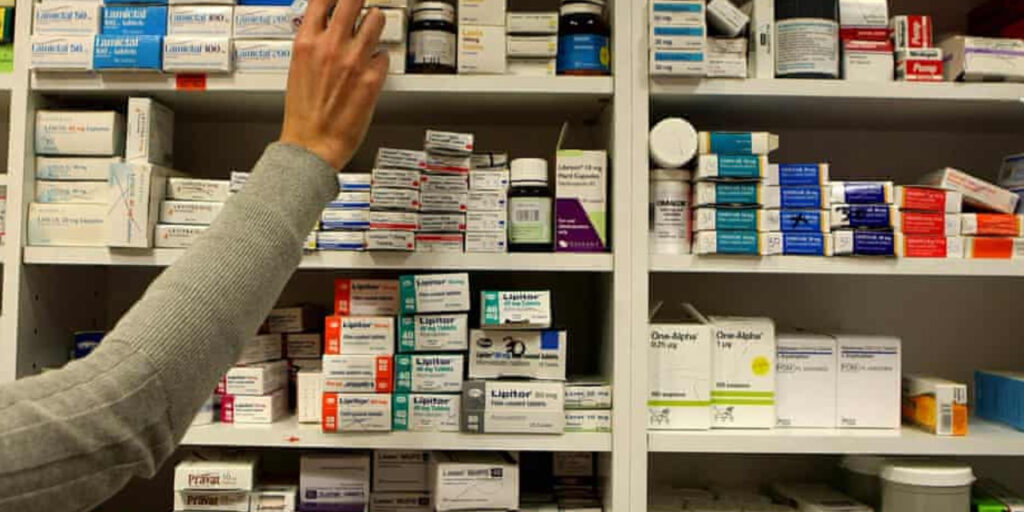Pharmacies across England, Wales, and Northern Ireland are warning of imminent service cuts, including ending free medicine deliveries and reduced operating hours, unless the government acts swiftly to increase funding and address an “escalating crisis” in the sector. The National Pharmacy Association (NPA), which represents independent community pharmacies, conducted a ballot showing that 99% of pharmacy owners are prepared to limit their services to ensure patient safety unless significant funding improvements are made.
The ballot saw participation from 63.5% of members, representing 3,399 independent community pharmacies. Leaders in the industry cautioned that a continued lack of financial support will result in more pharmacy closures. Pharmacy owners have voiced their growing frustration following the latest budget announcements, which included a 6.7% hike in the national minimum wage and an increase in employer national insurance (NI) contributions.
Without immediate government intervention, pharmacy owners have indicated their willingness to:
• Serve notice on extended opening hours, meaning fewer pharmacies will remain open during evenings and weekends.
• Cease free home medicine deliveries for services not covered by funding.
• Withdraw from locally commissioned services such as addiction support, emergency contraception, and smoking cessation programs.
• Decline cooperation with data requests beyond patient safety and contractual requirements.
• Stop providing free monitored dose systems (medicine packs) unless covered under the Disability Discrimination Act.
Nick Kaye, chair of the NPA, described the situation as unprecedented in severity. “Pharmacies desperately want to continue supporting their communities with essential medicines and advice. However, a decade of chronic underfunding has pushed the sector to a breaking point, resulting in record closures,” he said. “The recent budget has only deepened the crisis, leaving many pharmacies teetering on the edge. While no pharmacy owner wants to reduce services, it may become the only viable option if the government fails to protect this critical and cherished aspect of our healthcare system.”
Dr. Leyla Hannbeck, chief executive of the Independent Pharmacies Association, emphasized the sector’s dire financial state, citing a £1.7 billion shortfall in funding. The impact of rising employer NI contributions has further strained pharmacies, adding approximately £12,000 in extra annual costs for members. “As healthcare professionals, our priority is to ensure patient care is not compromised by any necessary reductions in services,” Dr. Hannbeck said.
The NPA highlighted that over 1,250 pharmacies have closed in the past decade, with 700 of these closures occurring within the last two years alone.


